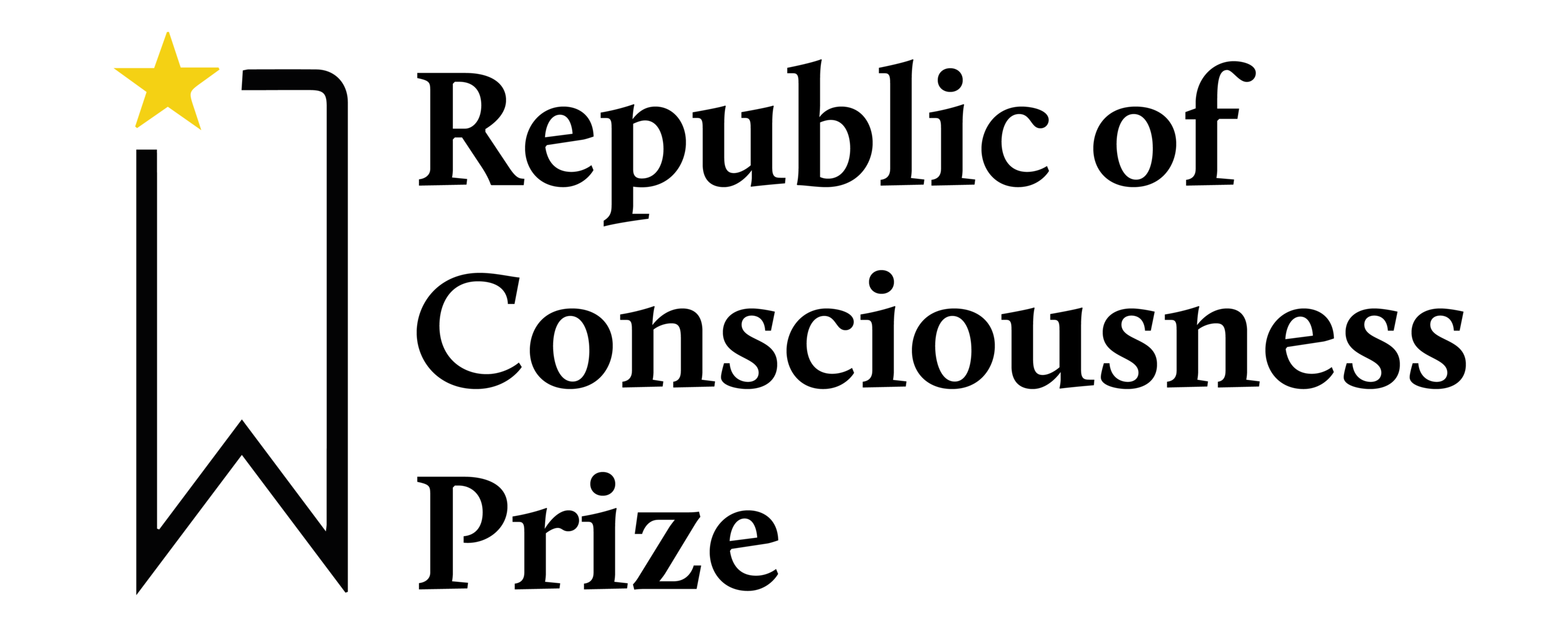Jean-Baptiste Del Amo on winning the Republic of Consciousness Prize 2020
It’s quite a strange thing to receive a literary prize during a pandemic...
However, I’m really delighted that Animalia has won the 2020 Republic of Consciousness Prize. First of all, because this prize rewards an independent publishing house: my publisher, Jacques Testard, and all of the team at Fitzcarraldo Editions, took a risk when they decided to publish this book; they were bold enough to believe that this story about five generations of a French pig-farming family would find readers across the channel. I’m also really glad to see Frank Wynne’s tour de force translation rewarded.
Animalia has often been presented as a book about animal rights, but I actually think it’s more about the human condition. It’s a novel about transmission: transmission of violence from one generation to another, from fathers to sons. It’s also a book that investigate the relationship between humans and the other living beings we share the world with. The final section is about the collapse of the pig farm and ends with an epidemic that kills pigs, and threatens to infect humans and destroy the family. It also reveals the violence of a system built by men to generate more profits through the exploitation of animals.
A virus can be a revelation. Humanity has spent its history trying to escape from a natural order, defining itself in opposition with other forms of life in order to justify domination over them. Despite the warning and the scientific studies (about the climate, about animal sentience and the dangers of massive animal exploitation), we have decided to continue exploiting lands and forests and continue the mass slaughtering of our fellow beings (70 billion land animals worldwide each year and more than a thousand billion fish). To compare, the best estimations are that about only 107 billion people have ever lived on this planet since the beginning of humanity. Every year, we kill ten times more animals than humans have ever been on earth. We all know we are facing a mass species extinction. Since the 1970s, the population of non-human vertebrate animals has dropped by 58%. Fish may be gone from the oceans by 2050. Eating animals, and destroying their habitats, also leads to the possibility of new epidemics. We know COVID-19 originated in a Wuhan market where living wild animals are sold and killed for human consumption. Some would say, as I’ve read on social media, “I don’t eat bats or pangolins”, and accuse Chinese culture. We should remember that swine flu (H1N1) came from pig farms and killed hundreds of thousands of people. Bird flus, such as H5N1 and H7N9, were transmitted by poultry. Bovine spongiform encephalopathy finds its origin in cattle fed with meat and bones.
A virus can be a revelation: it can reveal the limits of economic growth, of cynical profit seeking, of mechanisms of power in a capitalist system. We already see how our governments deal with the coronavirus epidemic, despising and sometimes sacrificing the more vulnerable of us: the elderly, the health workers, the cashiers or the homeless, to name but a few. Hopefully, this crisis will end. We will go back to crowded streets, bars, markets, bookshops and concerts... But we should not forget that this is an opportunity for all of us to be aware, to learn how to consider each other, to overturn all the systems of domination that we’ve built so far, and try to find another way to live on this earth as part of a community of sentient beings that we are not independent from, but interdependent upon.
——
Jean-Baptiste Del Amo, born in 1981, is one of France’s most exciting and ambitious young writers. He is the author of Pornographia, Le sel, and Une éducation libertine, which won the Goncourt First Novel Prize. Animalia, his fourth novel, is his first to appear in English.

